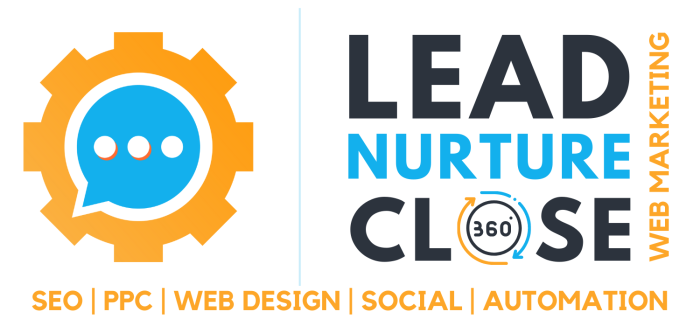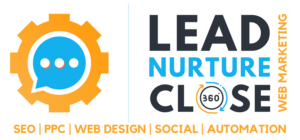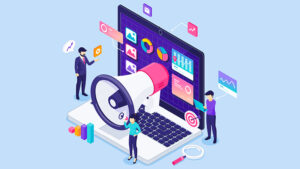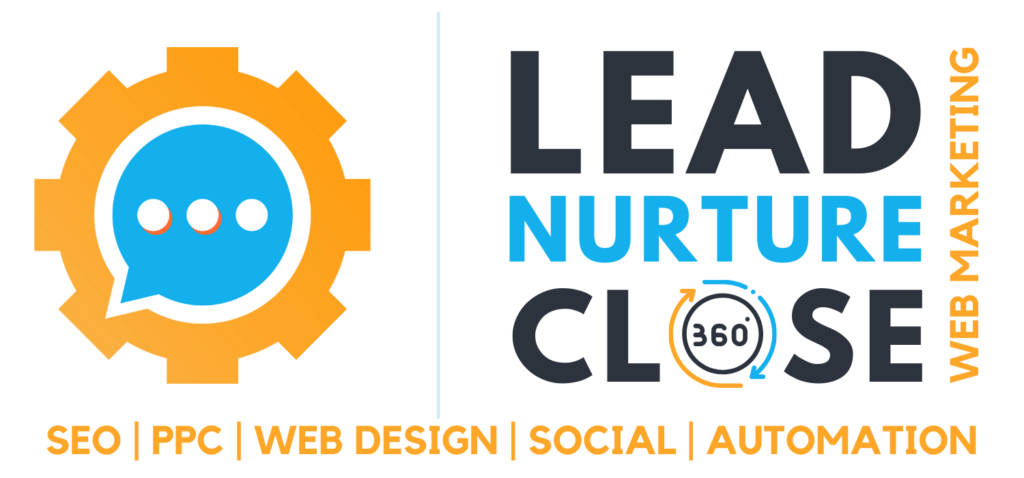Harnessing the Potential of Artificial Intelligence to Drive Success for Small Enterprises
In the fast-paced and ever-changing landscape of business, small enterprises face unique challenges in marketing their products and services effectively. Limited resources, tight budgets, and the need to stand out in a crowded market often leave small business owners grappling for innovative solutions. Fortunately, the rise of Artificial Intelligence (AI) has ushered in a new era of marketing possibilities, offering small businesses the tools they need to compete with larger counterparts. From data analysis and customer personalization to automated processes and predictive insights, AI is reshaping small business marketing strategies and unlocking untapped opportunities for growth.
I. The Rise of AI in Small Business Marketing
As AI technology matures, its potential to transform small business marketing becomes increasingly evident. AI is no longer the domain of tech giants; it is accessible to businesses of all sizes, thanks to cloud-based platforms and scalable solutions. This democratization of AI has leveled the playing field, allowing small enterprises to harness cutting-edge technology and make data-driven decisions.
With AI-driven marketing tools, small businesses can now analyze vast amounts of data, optimize marketing campaigns, and understand customer behavior at a granular level. This newfound intelligence is a game-changer, providing valuable insights to craft targeted campaigns that resonate with the intended audience.
II. Data-Driven Decision Making: Understanding Customer Insights
Data lies at the heart of AI’s impact on marketing. For small businesses, gathering and analyzing data can be a daunting task without AI assistance. AI algorithms excel at processing big data, spotting patterns, and identifying trends that human analysis might miss.
With the help of AI-powered analytics, small business owners can better understand their customers’ preferences, buying behavior, and pain points. Armed with this knowledge, they can tailor marketing efforts to meet specific customer needs, enhancing engagement and loyalty.
III. Personalization: Forging Strong Customer Connections
In the digital age, consumers seek personalized experiences that resonate with their individual tastes. AI enables small businesses to provide such experiences by customizing marketing messages and content based on user behavior and preferences.
For example, AI-powered recommendation engines can suggest products or services to customers based on their previous interactions with the brand. This level of personalization not only enhances customer satisfaction but also increases the likelihood of repeat purchases and word-of-mouth referrals.
IV. Automating Marketing Processes: Efficiency and Productivity
Small businesses often face resource constraints, making automation a valuable ally in marketing efforts. AI can streamline various tasks, freeing up time and resources that can be reinvested in core business activities.
Automated email marketing campaigns are a prime example of how AI benefits small businesses. AI algorithms can segment customer lists, send targeted emails, and analyze campaign performance, all without manual intervention. As a result, small businesses can focus on building relationships with customers while AI handles the repetitive tasks.
V. Social Media Management: Enhancing Brand Visibility
Social media is a powerful marketing channel for small businesses, providing a cost-effective way to reach a broad audience. However, managing multiple social media accounts and creating engaging content can be time-consuming.
AI-powered social media management tools can schedule posts, monitor engagement metrics, and even suggest content ideas based on trending topics. By automating these processes, small businesses can maintain an active social media presence and build brand visibility without spending excessive time on mundane tasks.
VI. AI-Driven Advertising: Optimizing ROI
Advertising is an essential component of any marketing strategy, but allocating the right resources to the right channels can be a challenge. AI tools can analyze historical data and consumer behavior to determine the most effective advertising platforms and strategies for a specific business.
By leveraging AI-driven advertising insights, small businesses can optimize their ad spend, minimize wasted resources, and achieve higher returns on investment (ROI). This level of data-driven decision-making ensures that limited marketing budgets are utilized efficiently to reach the most receptive audience.
VII. Predictive Analytics: Staying Ahead of the Curve
AI’s predictive capabilities offer a glimpse into the future, helping small businesses anticipate customer needs and market trends. By analyzing historical data, AI algorithms can forecast demand patterns and customer behavior, enabling small businesses to plan inventory and marketing campaigns accordingly.
Moreover, predictive analytics can help small enterprises identify potential growth opportunities, pivot strategies when necessary, and stay one step ahead of competitors. In a rapidly evolving market, this foresight can be the difference between success and stagnation.
VIII. AI and Content Creation: Unlocking Creativity
Compelling content is essential for small business marketing, but generating fresh ideas consistently can be challenging. AI-powered content creation tools, such as Natural Language Processing (NLP) and Natural Language Generation (NLG), can be a valuable asset in this regard.
While AI can generate blog posts, articles, and social media updates, maintaining a human touch and authenticity is vital. Small businesses must strike a balance between AI assistance and human creativity to deliver content that connects with their audience genuinely.
IX. Ethical Considerations and Human-Centric Marketing
Despite AI’s potential to revolutionize marketing, small businesses must navigate ethical considerations carefully. Customer data privacy and security should be a top priority, and businesses must be transparent about their use of AI-driven marketing strategies.
Maintaining human-centric marketing is equally crucial. AI should enhance, not replace, human interactions with customers. Small businesses thrive on personal connections, and while AI can facilitate this process, it should never overshadow the importance of genuine human engagement.
X. Embracing the AI Revolution: Challenges and Opportunities
Embracing AI in small business marketing is a journey with its share of challenges and opportunities. Integration and implementation might require a learning curve, but numerous resources and AI service providers cater specifically to small businesses.
Education and training play a pivotal role in capitalizing on AI’s potential. Business owners and marketing teams must understand AI’s capabilities, interpret data insights, and adapt strategies accordingly.
As technology continues to advance, small businesses must leverage every available tool to remain competitive. AI has emerged as a transformative force in marketing, providing data-driven insights, streamlining processes, and enhancing customer experiences. By harnessing AI’s potential, small enterprises can level the playing field, connect with their audience in meaningful ways, and drive sustainable growth. As AI continues to evolve, its role in small business marketing will undoubtedly become even more integral, making it imperative for small business owners to embrace this revolutionary technology and unlock its full potential. By adopting AI-driven marketing strategies, small businesses can seize new opportunities, navigate challenges, and create a brighter future for their enterprises in the digital era.

















